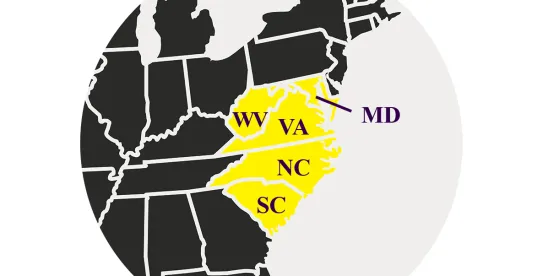We’ve been covering the impact of PDR Resources on FCC TCPA Rulings and we have some big news favoring the strength of FCC rulings.
TCPAWorld.com readers will recall the Supreme Court ruled in PDR Resources cast doubt on whether district courts must adhere to FCC TCPA rulings under the Hobbs Act. Most importantly, the Supreme Court held that interpretative rulings are not entitled to deference, only legislative rulings are.
On remand, the Fourth Circuit Court of Appeals took a decidedly narrow view of what rulings qualify as legislative in nature, suggesting that only formal NPRM rulemaking proceedings trigger full Hobbs Act deference. This seemed to be a huge change from existing precedent that gave the FCC TCPA rulings near automatic binding effect.
Well, in Career Counseling v. Amerifactors Fin. Group, Civil Action No.: 3:16-cv-03013-JMC, 2021 U.S. Dist. LEXIS 132869 (D. S.C. July 16, 2021) the district court restored some visage of the former rule by concluding that a bureau-level determination of the FCC was entitled to Hobbs Act deference—even though the ruling was subject to a reconsideration petition and no formal NPRM had been published.
The Court reasoned that the APA only required the Commission to issue a Public Notice and accept comments ahead of a legislative rulemaking, and it had done that. And the mere fact that a reconsideration petition was pending did not strip the current ruling of its binding effect.
If the Career Counseling court’s logic is followed, then many of the FCC’s TCPA orders from the last 10 years may be treated as legislative rulings—which is a good and bad thing, of course, depending on what side of the ruling you are on.




 />i
/>i

